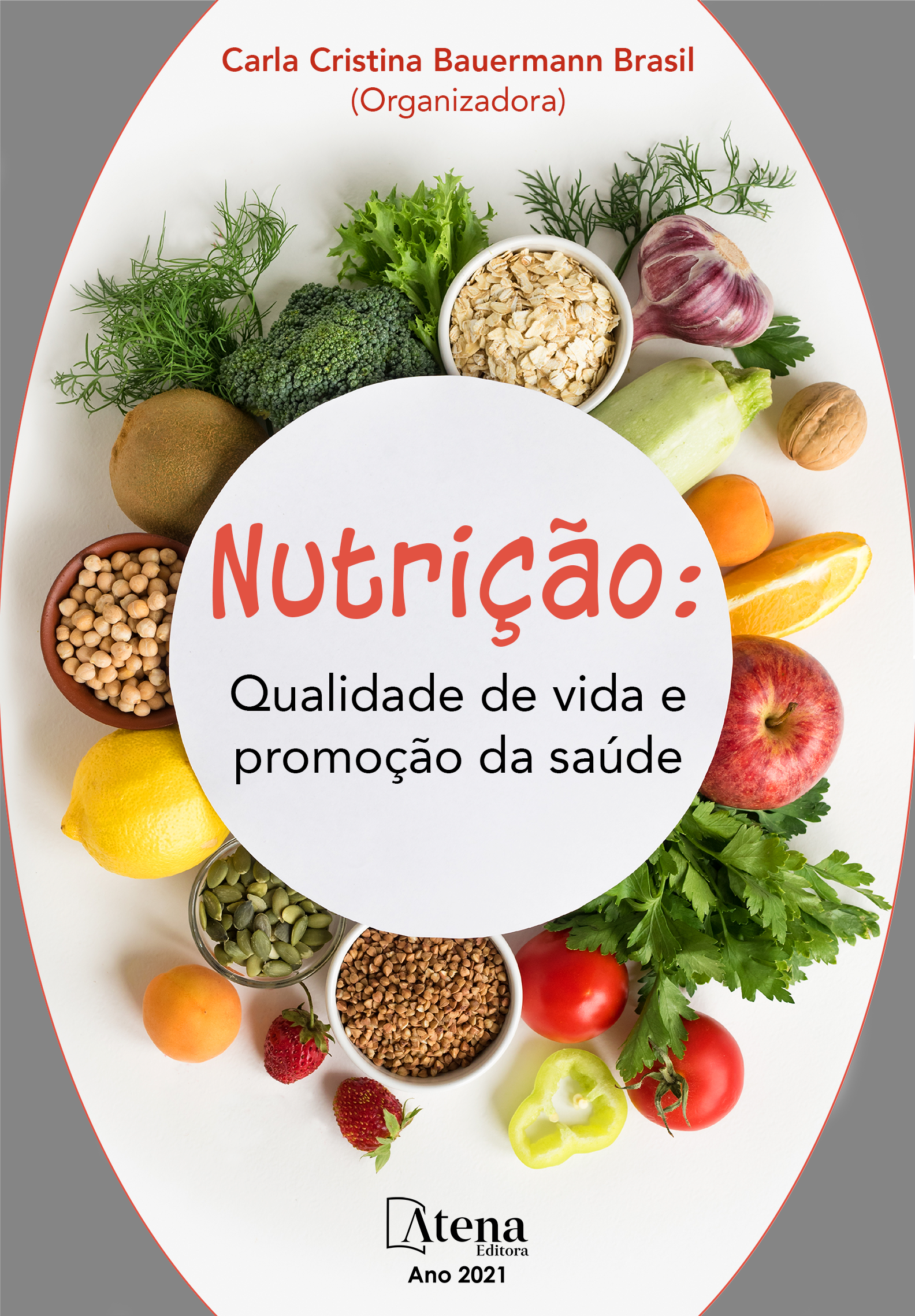
AVALIAÇÃO DA INSEGURANÇA DA AVALIAÇÃO DA INSEGURANÇA ALIMENTAR E NUTRICIONAL EM UM CONSÓRCIO DE SEGURANÇA ALIMENTAR NO VALE DO JIQUIRIÇÁ, BAHIA, BRASIL
Introdução: O marco legal brasileiro para a promoção e garantia da segurança alimentar e nutricional contemplou a implementação de um sistema. O desafio de construir este Sistema de Segurança Alimentar e Nutricional municipal envolve informações e conhecimento da situação e seus fatores determinantes, que geralmente estão deficientes ou inexistem em municípios menores. Estudos nessa direção orientam a gestão local para intervenções de maior impacto na alteração das condições de vida da população. Nessa perspectiva, foram criados os Consórcios de Segurança Alimentar e Desenvolvimento Local para o enfrentamento dos problemas sociais. Objetivo: avaliar a situação de segurança alimentar e seus determinantes em municípios integrantes do Consórcio. Método: Utilizou-se a Escala Brasileira de Insegurança Alimentar, questionário socioeconômico e Protocolo de Indicadores para caracterizar a situação de segurança alimentar e nutricional. Resultados: a Escala Brasileira demonstrou insegurança alimentar em 70,3% dos domicílios, com predomínio da insegurança grave e moderada (36,0%). O Protocolo de Indicadores identificou insegurança alimentar leve nas dimensões de disponibilidade, consumo e utilização biológica de nutrientes e Insegurança Moderada para acesso, sendo possível indicar quais variáveis estão definindo a situação. Conclusão: Os instrumentos viabilizaram obter os resultados que indicam existirem déficits sociais que comprometem a segurança alimentar das famílias. Estes podem orientar a gestão para ações e intervenções que minimizem esta situação, sendo subsídios estratégicos no planejamento, elaboração, monitoramento de políticas públicas locais na promoção do Direito Humano à Alimentação Adequada.
AVALIAÇÃO DA INSEGURANÇA DA AVALIAÇÃO DA INSEGURANÇA ALIMENTAR E NUTRICIONAL EM UM CONSÓRCIO DE SEGURANÇA ALIMENTAR NO VALE DO JIQUIRIÇÁ, BAHIA, BRASIL
-
DOI: 10.22533/at.ed.9152206016
-
Palavras-chave: Segurança alimentar e nutricional. Indicadores sociais. Política pública.
-
Keywords: Feeding and nutritional security. Social indicators. Public policy
-
Abstract:
Introduction: The Brazilian legal mark for the promotion and guarantee of Feeding and Nutritional Security contemplated the implementation of a system. The challenge of building this Municipal Feeding and Nutrition System of Security involves information and knowledge of the situation and its determining factors, that are generally deficient or do not exist in smaller municipalities. Studies in this direction guide the local management for interventions that have a greater impact on changing the population's living conditions. From this perspective, the Consortia of Feeding Security and Local Development were created to deal with social problems. Objective: to evaluate the feeding security situation and its determinants in municipalities that part of the Consortium. Method: The Brazilian Scale of Feeding Insecurity, a socioeconomic questionnaire and the Indicators Protocol were used to characterize the feeding and nutritional security situation. Results: the Brazilian Scale showed feeding insecurity in 70.3% of households, with predominance of severe and moderate insecurity (36.0%). The Indicators Protocol identified light feeding insecurity in the dimensions of availability, consumption and biological use of nutrients and Moderate Insecurity for access, being possible to indicate which variables are defining the situation. Conclusion: The instruments made it possible to obtain the results that indicate there are social deficits that compromise the families’ feeding security. These can guide the management to actions and interventions that minimize this situation, being strategic subsidies in the planning, elaboration, monitoring of local public policies for the Human Right to Adequate Feeding promotion.
-
Número de páginas: 17
- SANDRA MARIA CHAVES DOS SANTOS
- JOELMA CLÁUDIA SILVEIRA RIBEIRO


